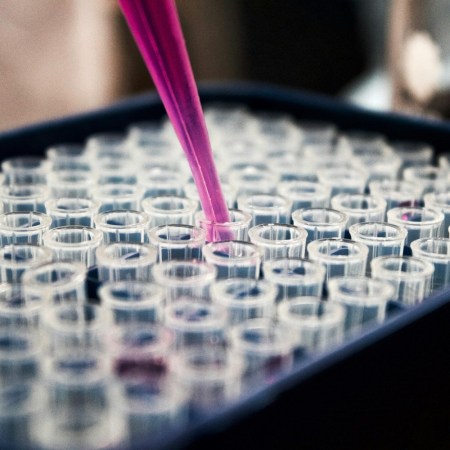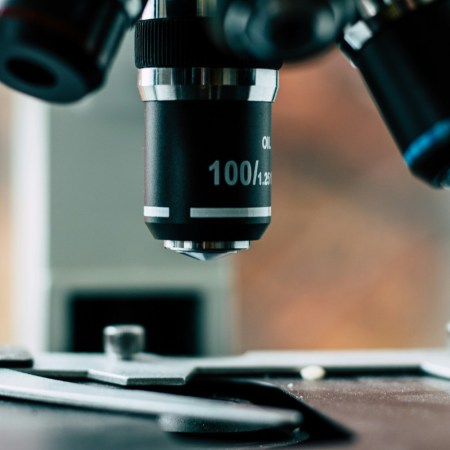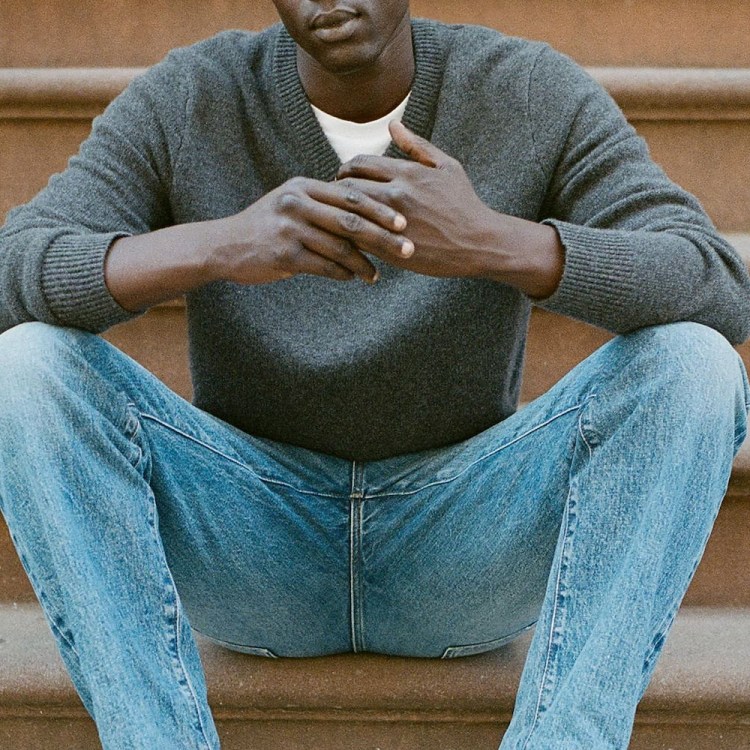Let’s get straight to the point: a new drug, made with materials harvest from an Easter Island bacterium, has been found to extend the lives of mice by 25 percent. Will it work work on humans? Nobody knows. Testing-wise, dogs are up next.
Called rapamycin, the compound — specifically, two promising drug molecules — is under investigation by Boston startup PureTech Health for use in anti-aging treatments: “It will further test whether such drugs can rejuvenate aged immune cells.”
“It’s the most exciting intervention that we have,” said one anti-aging researcher. “It also works at any age, and that makes it interesting.” Read: Even the senior set — or at least the future senior set — could benefit from research into the drugs.
The attention and the funding spring from a single source: billionaires don’t want to die. And if those billionaires are (aging) Silicon Valley types who’ve been bred to use technology to push boundaries — whether commercial, social, civil, or biological — then a drug like rapamycin is definitely going to find eager backers. It works by obstructing cell metabolism. Curiously, the process is similar in some ways to what’s achieved with low-calorie diets, which have been pushed in some corners as an anti-aging plan.
If PureTech gets its way, we’ll be able to drop years without (necessarily) dropping the pounds.
The Charge will help you move better, think clearer and stay in the game longer. Subscribe to our wellness newsletter today.






















